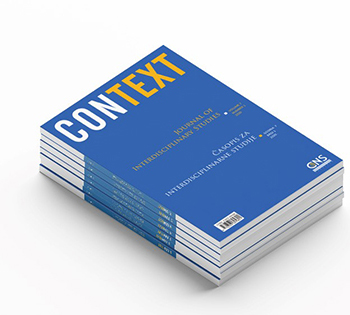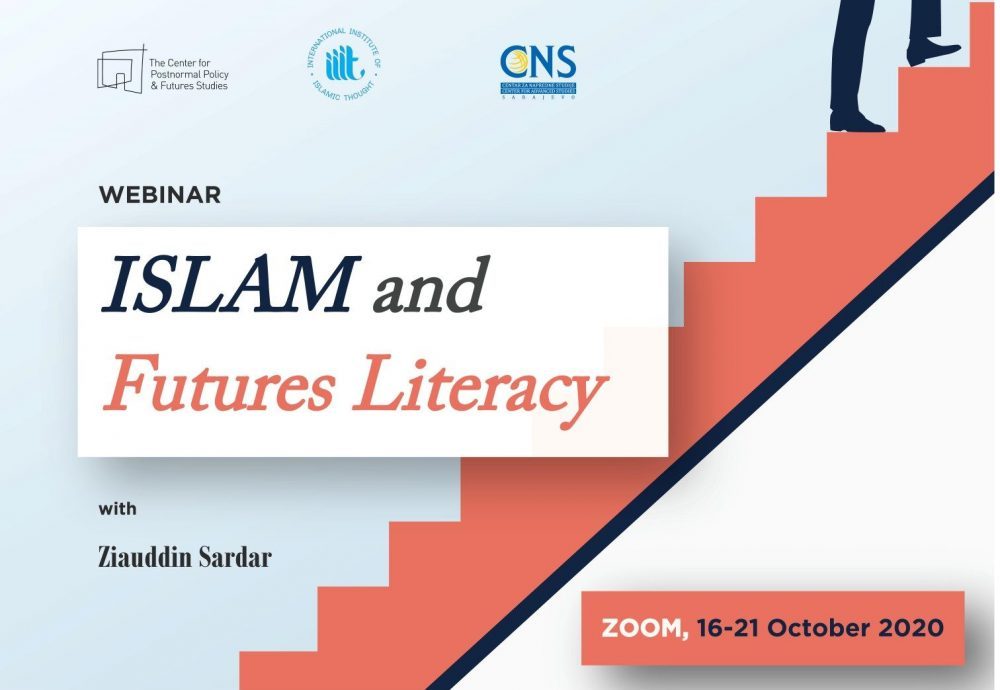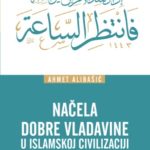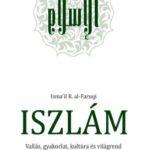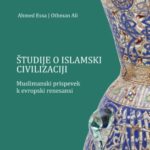Islam and Futures Literacy
Webinar with prof. Ziauddin Sardar
16 – 21 October 2020
Organized by
Center for Postnormal Policy and Futures Studies (CPPFS)
International Institute of Islamic Thought (IIIT)
Center for Advanced Studies (CAS)
Hosted by
ZOOM
Webinar description
Why is it important to have an appreciation of what the future may bring? How do we think about and study alternative futures? What is Islam’s position on ‘the future’? What can we confidently say about futures of Muslim societies? This webinar workshop explores these questions with the aim of providing training in futures and foresight methods with hand-on experience. The goal is to see how we can use some of the common futures methods to throw light on the plight and problems of Muslim societies. The webinar will also introduce the notion of ‘postnormal times’ and use its approach and concepts to study and explore alternative futures. Participants will learn about complexity and contradictions, uncertainty and ignorance, and will be encourage to think about postnormal problems facing Muslim communities and societies in a post-Covid world. The discussion in this webinar will focus on implications for Bosnia and Herzegovina.
|
THOSE INTERESTED AND COMPETENT IN ENGLISH SHOULD SEND THEIR UPDATED CV TO office@cns.ba |
|
APPLICATION DEADLINE: 9 OCTOBER I SELECTION RESULTS: 13 OCTOBER
MORE INFO TEL 033 716 042 I MOBILE: 061 434 113 I EMAIL: office@cns.ba |
Ziauddin Sardar is an international renowned writer, broadcaster, and cultural critic. Sardar currently serves as Director of the Center for Postnormal Policy and Futures Studies. He has been described as a ‘critical polymath’ and is considered one of the top 100 public intellectuals in Britain. Sardar works across a number of disciplines ranging from Islamic studies and futures studies to science policy, literary criticism, information science to cultural relations, art criticism and critical theory. Sardar was born in Pakistan in 1951 and grew up in Hackney, East London. Sardar has published over 50 books. The Future of Muslim Civilisation (1979) and Islamic Futures: The Shape of Ideas to Come (1985) are regarded as classic studies on the future of Islam. He pioneered the discussion on science in Muslim societies, with a series of articles in Nature and New Scientist and a number of books, including Science, Technology and Development in the Muslim World (1977), The Touch of Midas: Science, Values and the Environment in Islam and the West (1982), which is seen as a seminal work, The Revenge of Athena: Science, Exploitation and the Third World (1988) and Explorations in Islamic Science (1989). His most recent books include: Desperately Seeking Paradise (2005), Reading the Qur'an: The Contemporary Relevance of the Sacred Text of Islam (2013), Mecca: The Sacred City (2014).


